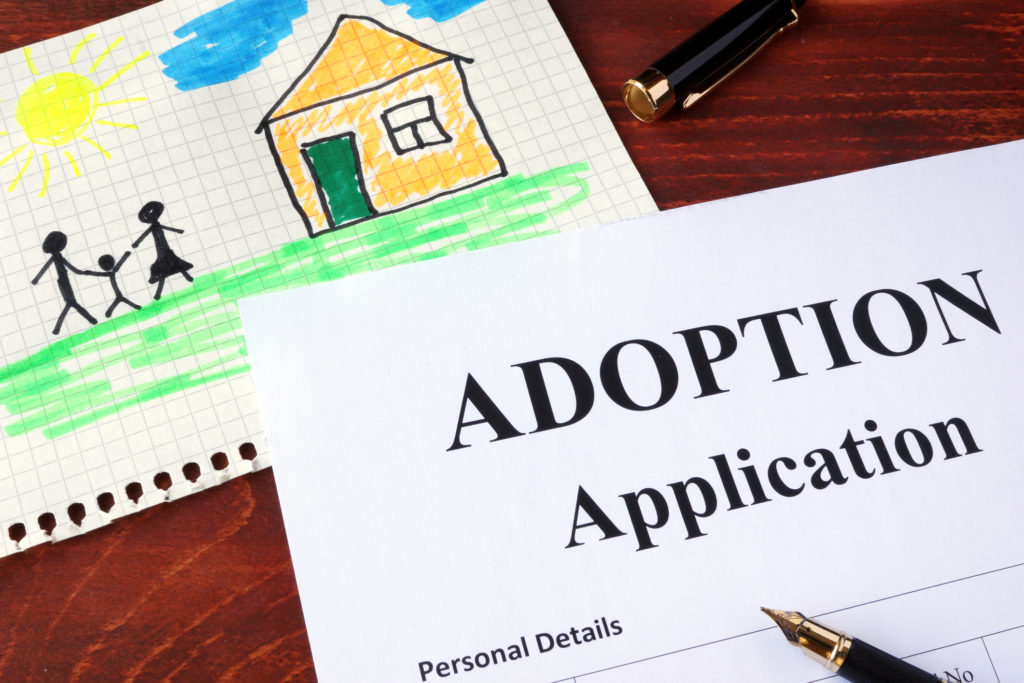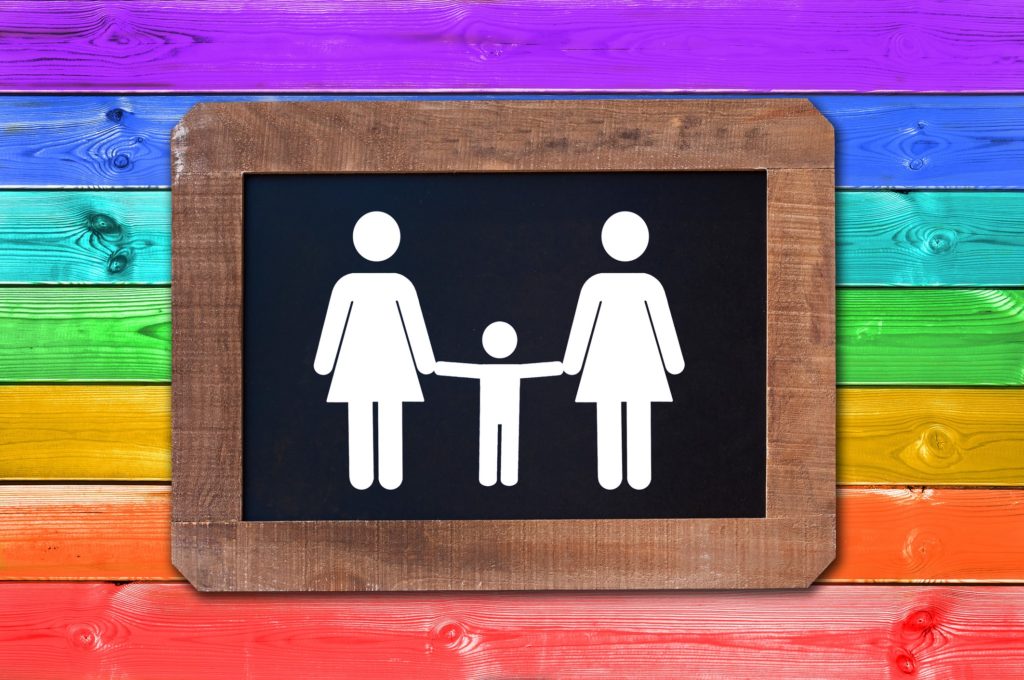In May 2014, New Jersey joined eight other states in opening up access to adoption records for adoptees. Today, the nature of open adoption record legislation across the United States is still evolving. For those foster children who were placed in care at a very young age, these records can represent a vital link to the past. Sometimes, however, the release of these records can also represent a violation of the biological parents’ wishes; the conflict between the rights of the adopted and the rights of the parents is central to understanding why many states still do not allow adoptees to find adoption records. For this reason, adoption record information is generally understood as belonging to one of two categories – identifying and nonidentifying information. As adoption law grows and adapts, more and more states are opening up these records and finding ways of navigating the complicated legal situations that spring up from these distinctions.
Find Adoption Records Legislation In Your State
What do these distinctions mean? According to the Child Welfare Information Gateway, nonidentifying information includes (but is not limited to) the adoptee’s date and place of birth, physical descriptions of birth parents and their education levels . For almost every state, nonidentifying information is available to adoptive parents or adoptees, and roughly 26 states make similar information about the child available to birth parents.
Continue reading


